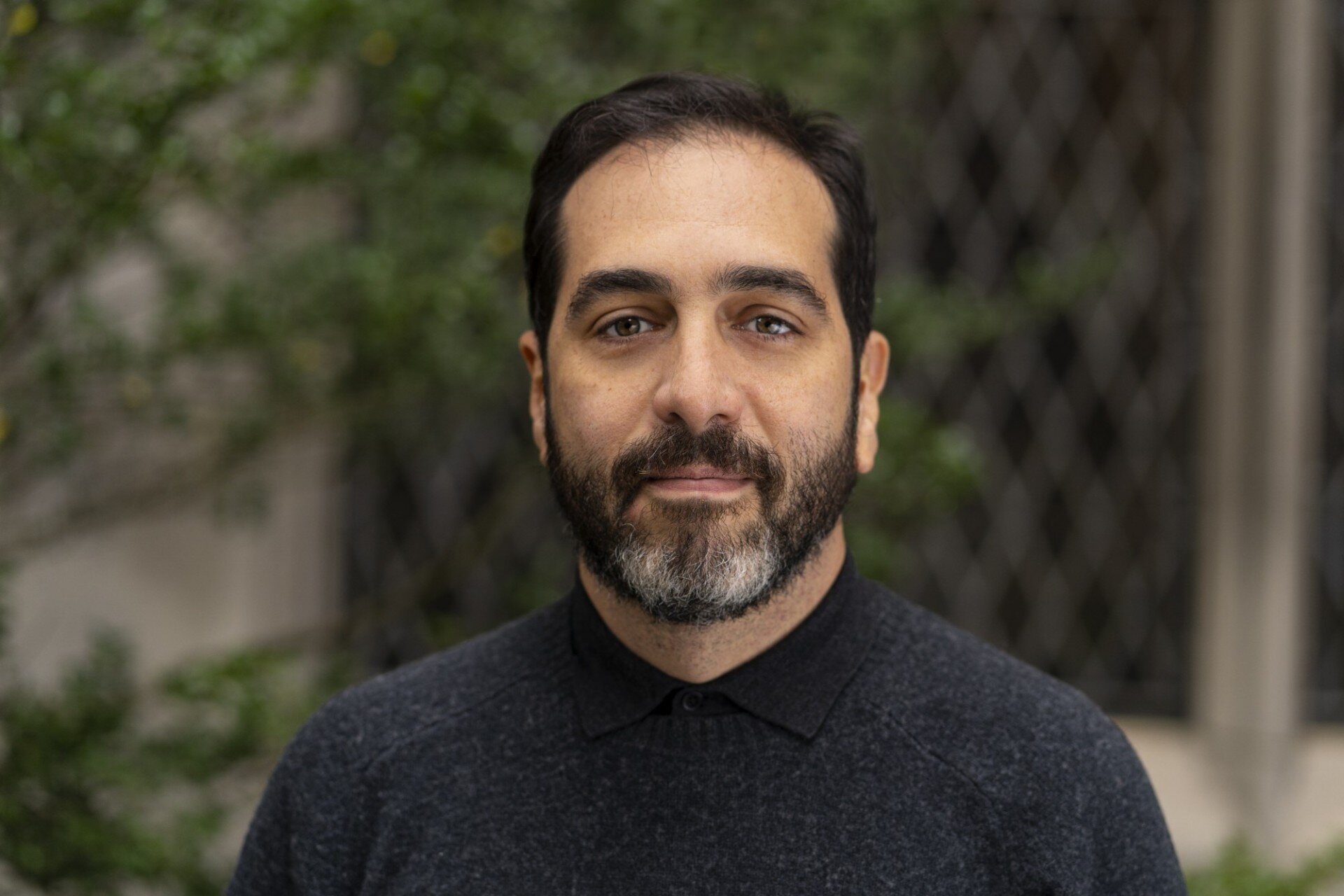On the banks of the Jordan River, at the UNESCO-recognized site of Al-Maghtas —traditionally identified as the location of Jesus’ baptism— a new Catholic church has been consecrated, marking a historic moment for Jordan and the broader Christian community. The Church of the Baptism of the Lord, inaugurated by Cardinal Pietro Parolin, Vatican Secretary of State, is a significant addition to this sacred landscape –and a testament to international cooperation and cultural preservation.
A historic dedication
Representing Pope Francis, Cardinal Parolin led the consecration ceremony on January 10, 2025. The event drew thousands of attendees, including Jordanians, Palestinians, diplomats, and regional leaders. The inauguration coincided with the 25th anniversary of the Catholic Church’s annual pilgrimage to Al-Maghtas, reinforcing the site’s spiritual and cultural significance.
In his address, Cardinal Parolin thanked King Abdullah II, Prince Ghazi bin Muhammad, and the Jordanian government for their efforts in preserving and enhancing this historic area. Speaking through an Arabic translation by Rev. Jihad Shweihat, he emphasized the church’s role in fostering peace and coexistence and also highlighted Pope Francis’ personal commitment to supporting Christian communities in the Middle East.
A centerpiece for pilgrimage
The Church of the Baptism of the Lord is a place of worship and a symbol of Christian presence in Jordan. The sanctuary features an anointed altar housing relics of Pope St. John Paul II, the Holy Martyrs of Damascus, and other notable figures. The design and construction, supported by a €700,000 grant from the Hungarian government, celebrate the spiritual and cultural ties between Europe and the Middle East. A mosaic inside the church, depicting the Baptism of Christ alongside Hungary’s King Saint Stephen, acknowledges this partnership.
The inauguration also served as a prelude to a groundbreaking exhibition, Jordan: Dawn of Christianity, set to debut at the Vatican in February 2025. The exhibition will showcase 90 artifacts highlighting Jordan’s biblical roots and its role in early Christian history. It also commemorates three decades of diplomatic relations between Jordan and the Vatican.
Jordan’s Minister of Tourism, Lina Annab, emphasized the importance of the exhibition in showcasing the country’s diverse religious heritage. “Many people outside the country do not realize that there are Jordanian Christians. This exhibition sheds light on our enduring legacy and the origins of Christianity in this region,” Annab said.

(Cardinal Pietro Parolin, Vatican Secretary of State, arrives for the Church of the Baptism of the Lord inauguration; Photo credit: VOA News)
A milestone for religious tourism
The church’s opening comes at a crucial time for Jordan: as the Jubilee Year 2025 approaches, religious sites like Al-Maghtas are expected to attract pilgrims and tourists from around the world, boosting both the economy and the nation’s international profile.
Father Rifaat Badr, director of the Catholic Center for Studies and Media, expressed hope that the church will inspire a revival of religious tourism. “This sanctuary is a spiritual milestone and an opportunity to share Jordan’s unique heritage with the world,” he remarked, according to VOA News.
The new church at Al-Maghtas also underscores the importance of maintaining a Christian presence in the area. Christians have been integral to the region’s history since the first century CE, but their numbers have declined in recent decades due to emigration and sociopolitical challenges.
A shared vision of peace
Archbishop Giampiero Dal Toso highlighted Jordan’s role as a model of coexistence between faiths. He called on the international community to support efforts to preserve religious diversity and foster mutual understanding in the region.
The consecration of the Church of the Baptism of the Lord resonates beyond its immediate religious significance. As a beacon of hope, it highlights the potential for collaboration between nations and faith communities.
As pilgrims and visitors make their way to Al-Maghtas in the coming years, the sanctuary will serve as both a spiritual haven and a reminder of the enduring legacy of the region’s sacred traditions. For Jordan, the church stands as a symbol of unity, resilience, and a shared commitment to peace.




